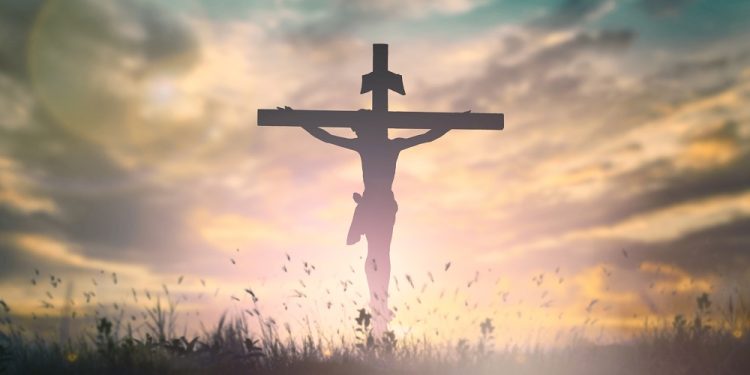
Orthodox Good Friday
Orthodox Good Friday is a holiday that commemorates the crucifixion and death of Jesus Christ—an event that’s considered to be one of the most significant events in Christian history, regardless of the denomination. But for Orthodox Christians, it’s especially important.
The crucifixion of Christ is seen as a sacrificial act of love and redemption, in which Jesus offered himself up for the benefit and salvation of humankind. This is a day for Orthodox Christians to reflect on Christ’s suffering and death and to contemplate its meaning.
This is done through prayer, fasting, and other significant spiritual practices that express sorrow, repentance, and gratitude. It’s observed on the Friday before Orthodox Easter, which is observed according to the lunar Julian calendar. Since Orthodox Easter falls on the first Sunday following the first full moon after the Vernal Equinox, it can fall anywhere between April 4th and May 8th.
The History of Orthodox Good Friday
As is the case with other instances of Good Friday observed in other Christian traditions, this holiday goes back to the early days of Christianity. This is when Christ’s followers first commemorated his crucifixion and death. It was established as an annual commemoration in the Church early on and has been observed in the Roman Catholic, Coptic, and Orthodox traditions ever since.
Observing Orthodox Good Friday
Orthodox Good Friday is observed in a number of different ways. One of the primary ways that it’s observed is by fasting. On this day, Orthodox Christians fast and abstain from dairy and meat products as a sign of their mourning. This fast usually begins at midnight and continues until the Vespers service on Good Friday evening.
The Orthodox Church also holds a series of mournful services on this day. These services are marked by prayers, hymns, and Bible readings. All of the prayers and passages chosen for reading underline the significance of Jesus’ crucifixion, death, and subsequent resurrection. There’s a reading of the 12 Gospel passages that recount the events leading up to the crucifixion and death of Jesus as well.
Other traditions on this day include processions that often involve Orthodox Christians carrying a replica of the shroud of Jesus. It’s a tradition in some churches for the faithful to also receive flowers at the end of the procession and services. These flowers symbolize victory over death and the joy of the Resurrection of Christ.
This is a reflective and solemn day for Orthodox Christians to commemorate and honor the sacrifices of Jesus Christ and the foundation of their faith. Everyone observing this holiday can spread the word about Good Friday on social media using the hashtag #OrthodoxGoodFriday.








